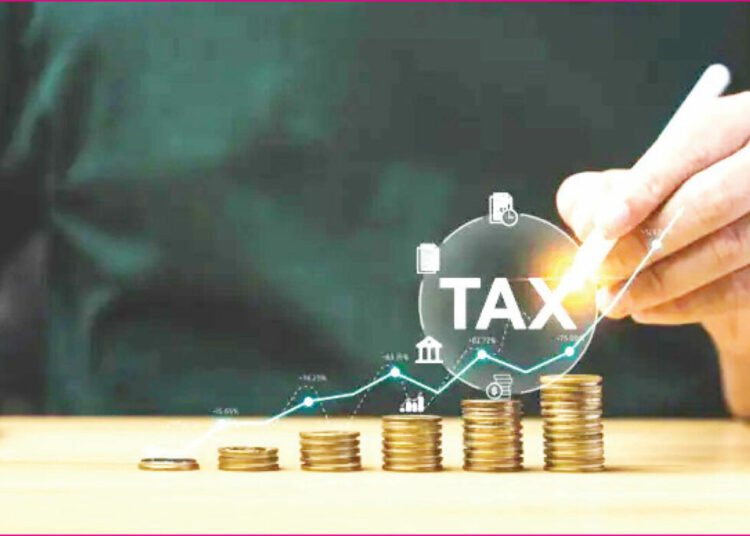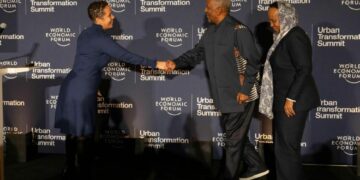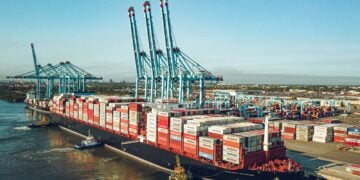This note seeks to clarify matters arising regarding the 5% fuel surcharge in the new tax laws. The charge is not a new tax introduced by the current administration. The provision already exists under the Federal Roads Maintenance Agency (Amendment) Act, 2007. Its restatement in the new Tax Act is for harmonisation and transparency rather than immediate implementation.
We outline the frequently asked questions below and provide clarifying explanations.
Frequently Asked Questions
Is it true that Tinubu’s administration introduced a 5% surcharge on fuel?
No. The surcharge is not new. It already exists under the Federal Roads Maintenance Agency (Amendment) Act, 2007 (FERMA Act). The new Tax Act only restates it for harmonisation and transparency. Hence, it was not part of the original tax reform bills submitted by the president to the National Assembly.
Does this mean the surcharge will commence in January 2026 when the new tax laws take effect?
No. The surcharge does not take effect automatically with the new tax laws. It will only commence when the Minister of Finance issues an order published in the Official Gazette as stated under Chapter 7 of the Nigeria Tax Act, 2025. This safeguard ensures careful consideration of timing and economic conditions before implementation.
Will the surcharge apply to all fuel products?
No. Several energy products used by households are exempt. This includes household kerosene, cooking gas (LPG), and compressed natural gas (CNG). Clean and renewable energy products are also excluded to align with Nigeria’s energy transition agenda.
Why not abolish the charge, giving the current hardship and the risk of higher inflation?
The surcharge is designed as a dedicated fund for road infrastructure and maintenance. If implemented effectively, it will provide safer travel conditions, reduce travel time and cost, lower logistics costs and vehicle maintenance expenses, which will benefit the wider economy. This practice is virtually universal with over 150 countries imposing various charges ranging between 20% to 80% of fuel products to guarantee regular investment in road infrastructure.
Why can’t saving from fuel subsidy removal be used instead!
While subsidy savings will provide some funding, they are insufficient to meet Nigeria’s huge and recurring road infrastructure needs among other public finance needs. A dedicated fund ensures reliable and predictable financing for roads, complementing the budget and ensuring roads are not left underfunded.
Isn’t this at odds with the reform objective of reducing taxes and easing the burden on citizens?
Not at all. The reforms have already reduced multiple taxes and removed or suspended several charges that directly affect households and small businesses, such as VAT on fuel, excise tax on telecoms, and the cybersecurity levy. By harmonising earmarked taxes, government is reducing duplication and ensuring a more efficient tax system.
Why not just amend the FERMA Act to remove the surcharge?
Yes, the surcharge has been removed from the FERMA Act and incorporated into the new tax laws which are designed to provide a forward-looking legal framework for Nigeria. Keeping this provision in place within a harmonised legal framework ensures Nigeria is prepared to address critical challenges, such as sustainable road financing and even climate change impacts. It is not about immediate implementation, but to ensure the law provides a clear and effective framework for when it becomes necessary in the future.
– Presidential Fiscal Policy & Tax Reforms Committee





